Where Should I Live in Canada?
Table of Content
- 1 A Quick Look at Some of the Best Places to Live in Canada
- 2 Why is Canada So Popular?
- 3 Some Facts About Canada
- 4 Opportunities Galore!
- 5 So, Which Are the Best Cities to Live in Canada?
- 6 Toronto
- 7 Montreal
- 8 Ottawa
- 9 Vancouver
- 10 Calgary, Edmonton, and Other Major Cities
- 11 And Finally, Where Should You Live in Canada?
A Quick Look at Some of the Best Places to Live in Canada
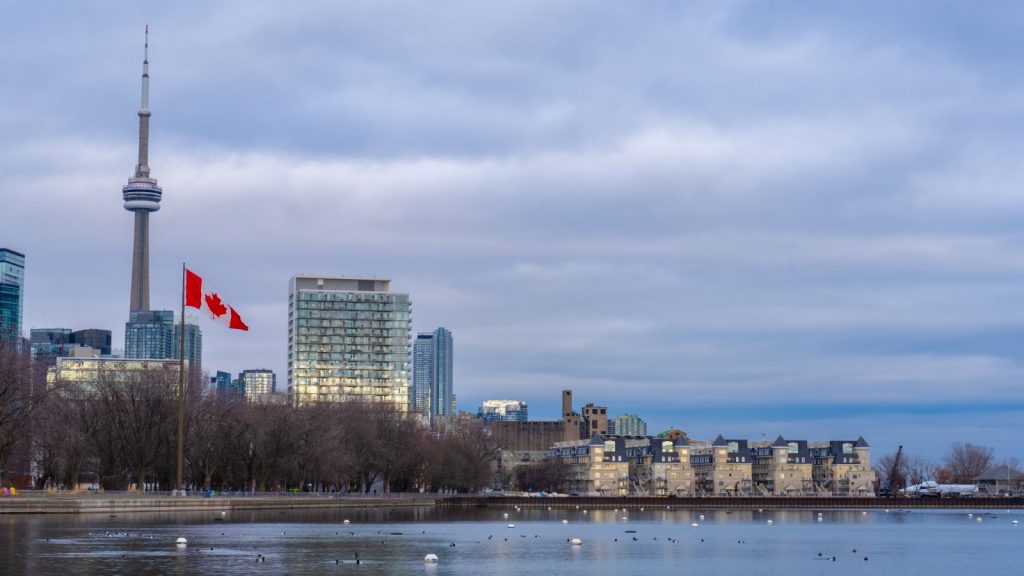
Congratulations!
As Canada opens its doors to students and immigrants post the pandemic, you are among those who have chosen to live in one of the most magnificent countries in the world.
Why is Canada So Popular?
Canada is a preferred immigration destination with one of the world’s best natural locales, untouched vast wilderness, world-class cities, and a deep-rooted culture of tolerance. The country is an excellent destination for those who enjoy the great outdoors, want a safe and friendly place to live in, and wish to experience many different cultures in one place.
Canada is a beacon of multiculturalism, where people from different cultures, ethnic backgrounds, religions, and heritage live harmoniously. Hundreds of thousands of new immigrants live in Canada annually, and the progressive culture ensures they find a warm reception in their workplaces and neighbors.
Several Canadian metros such as Calgary, Vancouver, and Toronto have consistently ranked high in the world’s most liveable cities.
Some Facts About Canada
Area, Population, and Economy
Canada is the second largest country in the world, ranking just behind Russia. However, its population density is among the lowest, at 4.2 inhabitants per square kilometer. The 2021 Canadian census enumerated a total population of 36,991,981- with immigration being the main driver.
The sheer size of the country is reflected in its varied geography, ranging from the Arctic Tundra and the Appalachian Mountains to the Great Lakes and Prairies. Canada has the world’s longest coastline and the most considerable proportion of freshwater lakes.
The abundance of natural resources is a vital contributor to the country’s economy. Nevertheless, the growing service industry has contributed to an urbanized society, which has led to the phenomenal growth of its big cities.
Provinces and Territories
Canada has ten provinces, and three territories – Ontario, Quebec, British Columbia, and Alberta are the most populous. Atlantic Canada in Eastern Canada comprises New Brunswick, Newfoundland and Labrador, Nova Scotia, and Prince Edward Island.

The nation’s capital city is Ottawa; Toronto, Vancouver, Montreal, Calgary, and Edmonton round up the list of other big cities.
In the World’s Best Cities annual ranking for 2021, 6 Canadian cities find spots in the top 100. Toronto is the highest-ranking Canadian city at the 18th spot, Vancouver in 46th, Montreal in 48th, and Calgary in 49th. Ottawa at 84 and Edmonton at 86 are the other cities in the top 100.
Opportunities Galore!
Canada ranks among the highest in international measurements of government transparency, civil liberties, quality of life, economic freedom, education levels, gender equality, and environmental sustainability. Among the most developed countries, it ranks among the lowest for housing affordability, healthcare measures, and foreign direct investment.
You may have chosen a new life in Canada for the following reasons.
Globally Acclaimed Education System
Perhaps you opted to live in Canada because you are a student pursuing further studies at one of the country’s top universities. At least 4 of Canada’s universities consistently appear in the list of leading global academic institutions – McGill University, the University of Toronto, McMaster University, and the University of British Columbia.
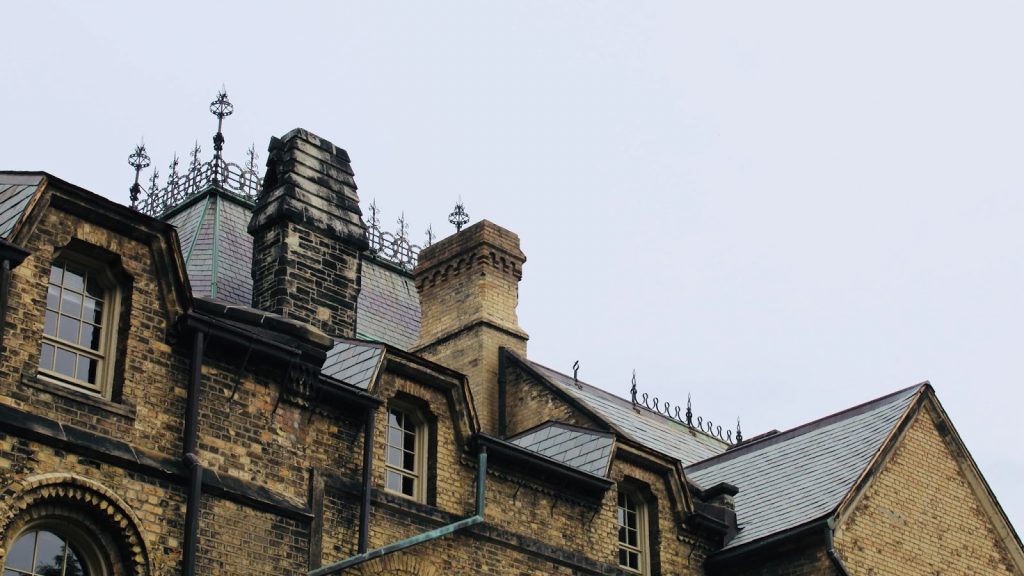
Ease of Doing Business
Maybe you wish to set up your own business in one of the world’s best countries to do business. Canada’s business environment ranks high globally and is home to some of the world’s lowest corporate tax rates.
Multiple Career Opportunities
You are a skilled worker looking for a rewarding career in one of Canada’s industries. The IT and Technology sector is the fastest growing industry in Canada, poised for a growth boom thanks to the government’s investment and support.
The manufacturing, oil, and petroleum industries have seen small but steady growth in recent years. There are ample job opportunities in the manufacturing, food, retail, construction, education, warehousing, and transportation sectors. The STEM and healthcare sectors also offer abundant career opportunities to qualified professionals who wish to live in Canada.
A Few Other Benefits
Besides students and professionals, Canada also attracts other immigrants – those with family in Canada or those who relocate on humanitarian grounds.
Canadian renowned healthcare facilities are universal, decentralized, and publicly funded, which means that the public shares the cost of health and medical expenses for citizens and taxpayers. The country also scores high on other desirable factors, including trustworthiness, religious freedom, human rights, and gender equality.
When you live in Canada, you reside in one of the world’s safest and most economically stable countries, with low crime rates. And a Canadian passport ensures travel visa-free to 97 countries, with another 45 that only require a visa upon arrival.
So, Which Are the Best Cities to Live in Canada?
Though the answer to this question largely depends on where your business, work, or university is located in Canada, you can still consider investing in real estate for the future. Make sure you talk to a reputed real estate brokerage before investing money in a property.
Canadian cities are as diverse as the country’s geography. From quaint towns to sleepy suburbs, towering skyscrapers to Victorian houses, life in Canada offers something for everyone.
Let’s start off the list with some major cities and a few lesser-known but charming places.
Toronto
Toronto, the capital city of Ontario, is also Canada’s largest and most populated city.
One of the world’s most diverse cities, Toronto is Canada’s financial capital and leading technology hub. And it is no surprise that it is a significant destination for immigrants and tourists.
A Vibrant Cultural Mosiac
A truly multicultural city, slightly more than half of the city’s population belongs to a minority population group, and more than 160 languages are spoken here. Sited on the southwestern end of Lake Ontario, Toronto is a prominent center for the fine arts such as music, theatre, television, and movies and is a popular filming location.
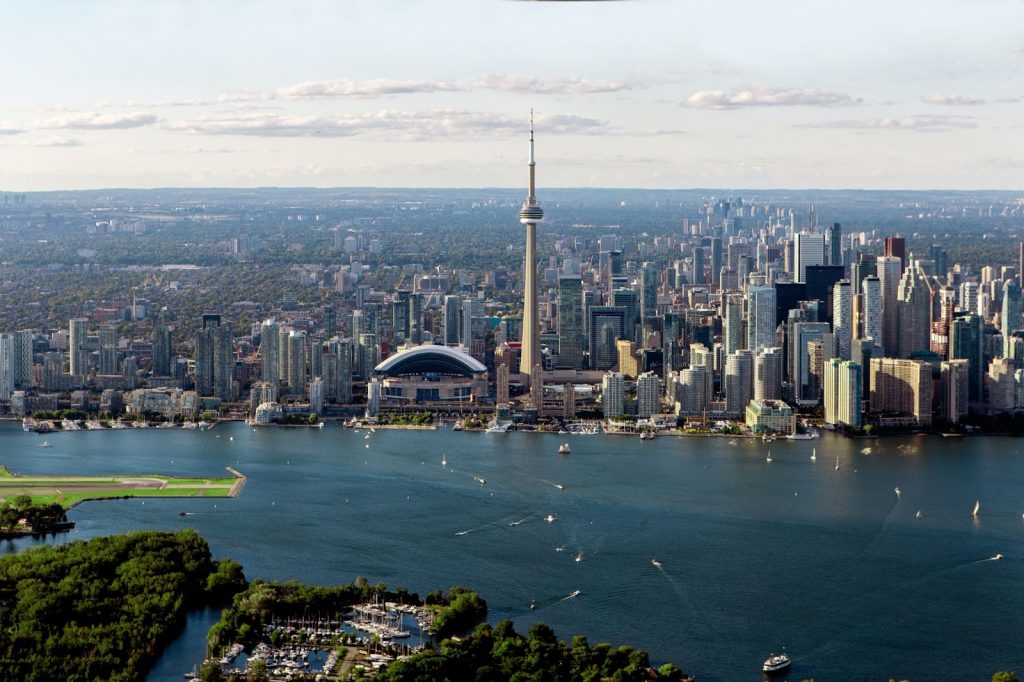
In addition to many elementary and secondary schools, Toronto is home to several post-secondary institutions, including the OCAD University, Toronto Metropolitan University, and the University of Toronto.
Strong Economy
The stunning metropolis has a strong economy based on technology, design, financial services, life sciences, education, arts, fashion, aerospace, and environmental innovation. There are diverse job opportunities for professionals, contributing to Toronto’s lure for immigrants.
Expensive Real Estate
As you can imagine, all these desirable attributes make Toronto one of the most expensive cities in Canada, if not the world. Real Estate in Toronto city and the Greater Toronto Area is among the priciest in the country.
If you prefer a suburban life and outdoor activities without air pollution, you should look at affordable places such as Etobicoke, Scarborough, Brampton, Mississauga, and Vaughn. These Canadian cities are in close proximity to Toronto, with lower property prices. Commuting to work in the big city from the suburbs is easily managed by car or a commuter train.
And Yet…
As per the latest Statistics Canada data, Toronto has seen a 2.3% population growth rate over the past five years, adding to its solid multicultural vibes. The vibrant city provides its residents with eclectic city life – a mix of shopping malls, a happening downtown, and natural attractions such as beaches, museums, and park trails.
A bit of trivia – Toronto is home to the tallest building in the Western Hemisphere, the CN Tower, usually visible on the city skyline.
There is no denying that the largest city in Canada offers multiple employment opportunities in diverse fields. And there are thousands of students who apply for admission to its world-class educational institutes every year.
Having decided to live in Canada, you may feel that Toronto is too expensive. However, the city is a thriving metropolis that offers you the best of everything, albeit at a slightly higher price.
Montreal
The biggest city in Quebec, Montreal is the second-most populous city in the country. French is the city’s official language; however, more than half of the residents are bilingual and speak French and English.
The city is an essential hub of commerce, finance, industry, and technology. Montreal is sometimes called Canada’s Cultural Capital, as it hosts more than 100 annual festivals, the largest being the Montreal International Jazz Festival.
The city of Montreal is also famous for its diverse and vibrant nightlife, historic architecture, orchestras, and churches.
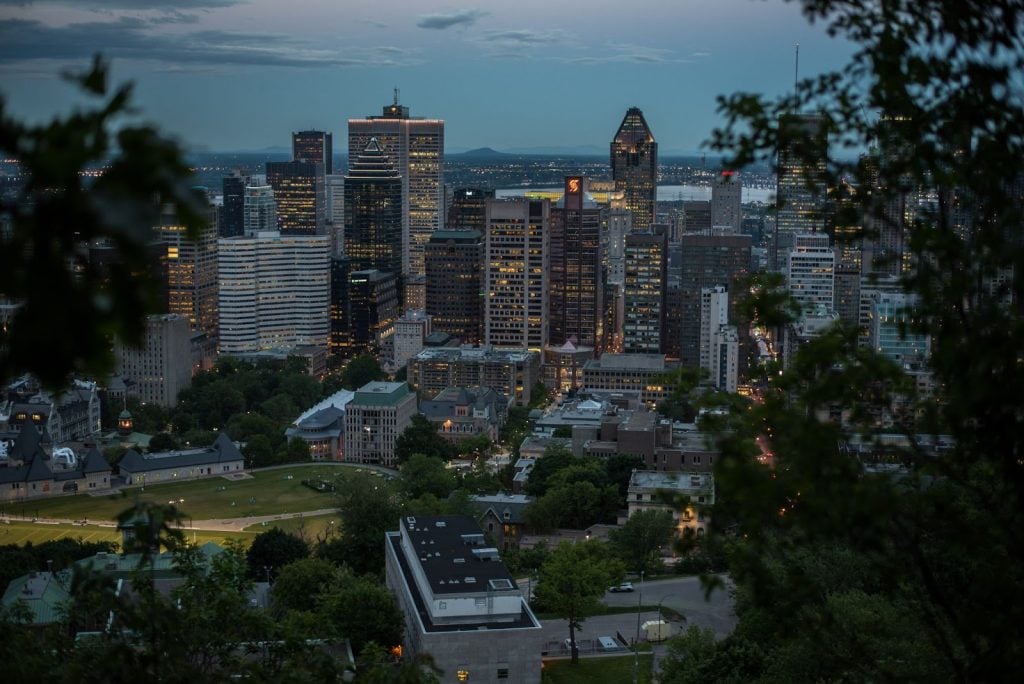
Quebec City
Quebec City is the second biggest city in Quebec and the province’s capital.
Quebec City is the only fortified city on the continent (besides Mexico), a UNESCO World Heritage Site. Like Montreal, Quebec City is a magnificent hub of culture and art with cobbled streets, historical landmarks, art galleries, and museums.
The city is also famous for its natural beauty, from peaceful lakes to rolling rivers to the glacial valley in Jacques-Cartier National Park.
Culture-rich Quebec
Montreal and Quebec City offer many of the economic advantages of other Canadian cities but at a significantly lower cost. Indeed, Quebec has one of the lowest living costs in Canada, with a high-quality lifestyle and excellent study and work opportunities.
Though English is widely spoken in Quebec, you will have more job opportunities if you learn French and can converse fluently in the language.
Thriving Economy
Quebec is Canada’s leading producer of hydroelectricity, pulp, and paper. The province’s films, music, literary works, and food have global recognition, especially in French-speaking nations.
Montreal offers employment opportunities in its aerospace, electronic goods, pharmaceuticals, and software engineering industries. The Port of Montreal is one of the world’s largest inland ports, and the city is the country’s railway hub.
On the other hand, most jobs in Quebec City are concentrated in public administration, defense, services, commerce, transport, and tourism.
Property Prices in Montreal and Quebec City
According to a recent report by CMHC (Canadian Mortgage and Housing Corporation), home sales have increased in several Quebec census metropolitan areas for the past few years. In contrast, the number of properties for sale has decreased. This imbalance between supply and demand favors sellers and has resulted in higher prices.
Nevertheless, the average home sold price for July 2022 in Montreal’s housing market was $576,760, which means that Montreal has an affordable cost of living or rent compared to other provinces or major cities in Canada.
Ottawa
Canada’s capital city, Ottawa, is a unique blend of natural beauty, year-round outdoor activities, and historic buildings. The bilingual city consistently ranks high on quality of life and cultural diversity.
As of 2021, Ottawa had a population of 1,017,449, making it the fourth-largest city in the country. The capital city has retained its small-town charms while including big-city elements.
A Fascinating Cultural Paradise
Ottawa attracts millions of visitors annually, who are drawn to its beautiful waterways, meandering walkways, and bike trails. The city is home to the world’s largest skating rink, the Rideau Canal Skateway, and seven of Canada’s nine national museums.
Parliament Hill, the seat of Canada’s federal government, offers free tours of its historic buildings and is a popular tourist attraction.
The capital city is home to many universities, research, and cultural institutions, including the University of Ottawa, Carleton University, the National Arts Centre, and the National Gallery of Canada.
A Safe, Clean City
The city has the lowest crime rates in Canada and is considered one of the safest places. Ottawa also ranks very high among other major cities for quality of life and overall cleanliness.
Growing Economy
Ottawa has a population of just over a million, but its population continues to increase thanks to its growing economy. The Federal Government is the biggest employer in the city, while other job opportunities are in the high-tech industry, tourism, and healthcare sectors.
Ottawa’s employment rates are slightly lower than the national average, and though it is not strictly necessary to learn French, it may help bolster your career opportunities.
Living Costs in Ottawa
While the cost of living in the capital city is not very low, it is still more affordable than in other Canadian cities. Though it is a large urban city, it’s safe and quiet, with many green spaces and outdoor attractions.
The real estate market in Ottawa has affordable places and is a great place to raise families. The city has a lot to boast about and makes the list of “best cities to live in Canada.”
Vancouver
Vancouver is one of the best cities in Western Canada, with stunning views of the Pacific Ocean. The beautiful city is home to many cultural and historical attractions and is an outdoor enthusiast’s playground.
Apart from the incredibly scenic Sea to Sky Highway and the awe-inspiring Stanley Park, the densely populated city provides many hiking trails and is world-famous for its mountain bike trails.
Vancouver’s downtown area is a fascinating mix of shopping districts, art galleries, and restaurants and regularly hosts community events. The city is well-connected to the surrounding islands and provides easy access to whaling, water skiing and other water sports.
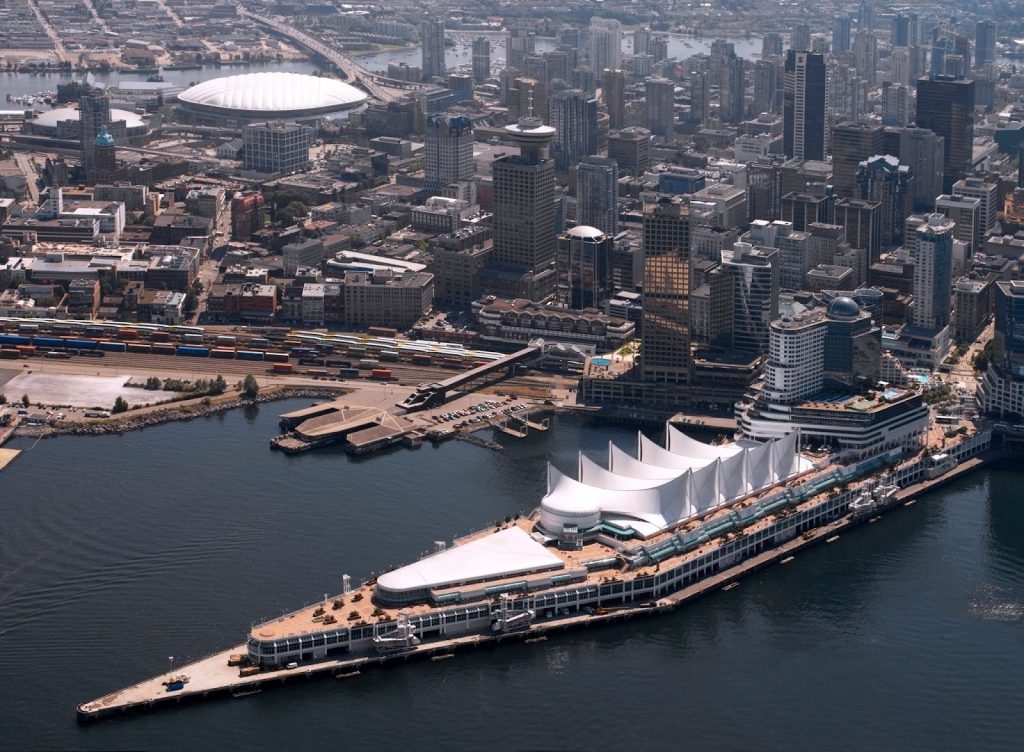
The city is one of the most expensive cities globally but promises excellent facilities for its residents – schools, hospitals, medical care, public transport, golf courses, etc.
The Metro Vancouver area ( also called the Greater Vancouver Area ) has many residential suburbs and may offer affordable property prices and lower living costs.
If you can afford it, Vancouver is a perfect place to live in Canada year-round.
Calgary, Edmonton, and Other Major Cities
Popularly known as the Gateway to the Rocky Mountains, Calgary’s visually stunning setting makes it a magnificent city. The city holds the third position among the most livable cities in the world, according to The Global Liveability Index 2022.
Calgary, a major city in western Canada, offers low costs of living along with affordable accommodation. Excellent infrastructure and public transit plus a walk through the lovely Prince Island Park can be your daily perks of living in this bustling city.
Another significant city once called the “Oil Capital of Canada,” Edmonton, has more parks when compared to other cities in Canada. The city is home to one of the biggest malls in the country, with its own amusement park. The Edmonton real estate market is among the country’s top three most undervalued cities and is a safe bet for investing in an affordable property.
The capital of Nova Scotia, Halifax, is the third-largest metropolitan area and is well-known for its coastal position on the Canadian coastline. Nova Scotia is Canada’s second-smallest province by area after Prince Edward Island and the world’s largest exporter of Christmas trees, lobster, gypsum, and wild berries. The region of Nova Scotia and Halifax tend to have low crime rates, making them safe, low-cost places to live.
And Finally, Where Should You Live in Canada?
There are no straightforward answers to this simple question. The correct answer and the right place for you depend on many factors, including the availability of affordable homes, costs of living, employment opportunities, etc.
As per Statistics Canada, (Employee wages by industry, annual), the average annual salary is about $54,630 per year in Canada. This may not be enough to buy a luxurious house on the shores of Lake Ontario but you can definitely look at real estate in other places.
Nevertheless, real estate prices in Canada are lower than in other countries, and finding a place to live in Canada is not as difficult as it sounds.
Canada is a vast country with many cities, each having its quirks and advantages. Once you know where you want to live in Canada, it is a simple matter of talking to a Real Estate Brokerage, who will help you zero down on your perfect property.
